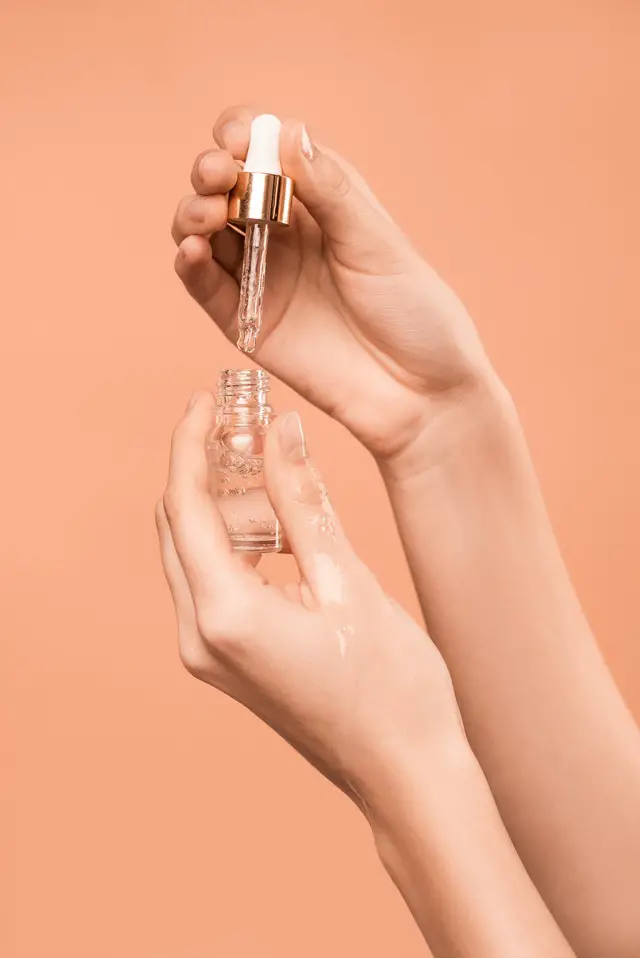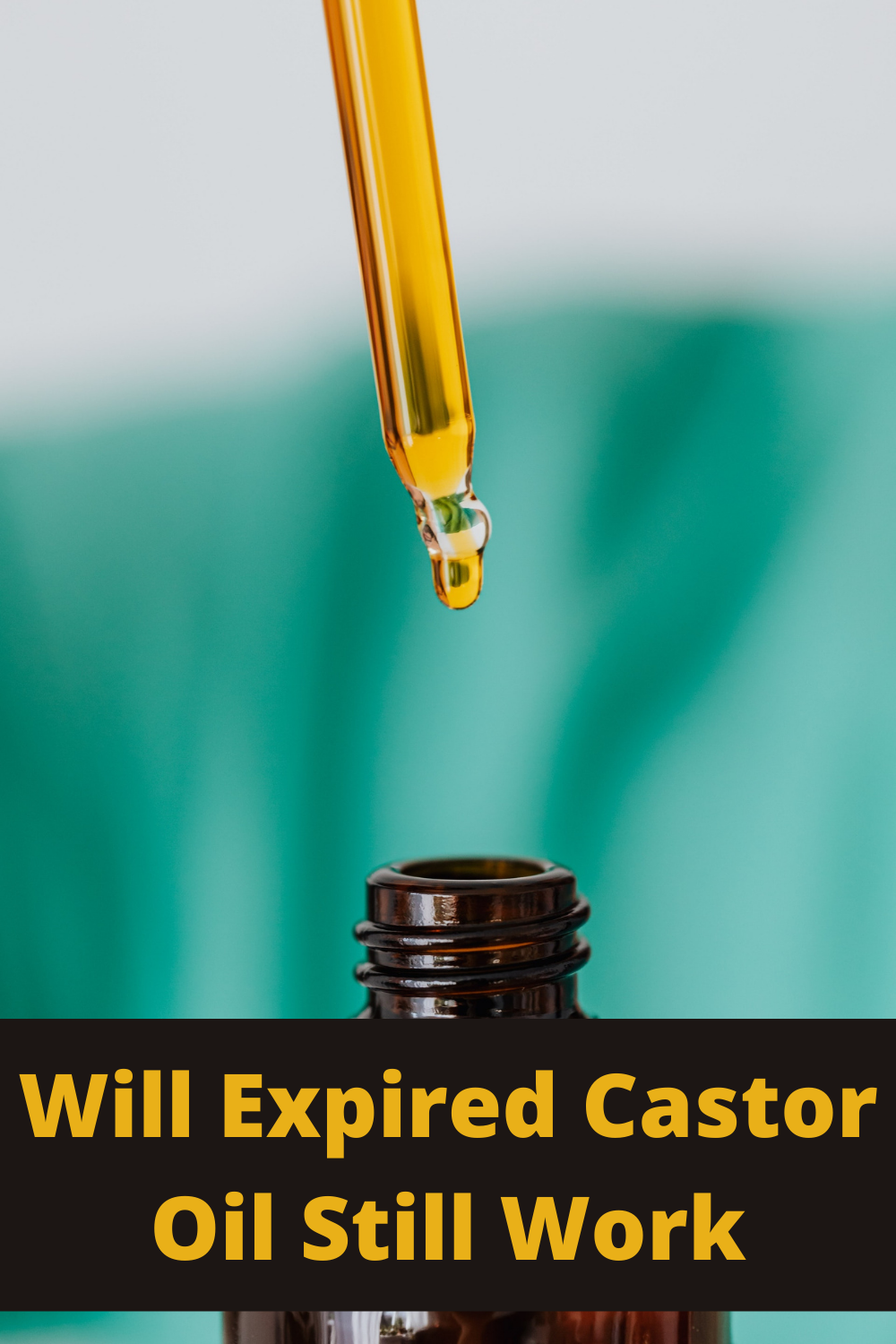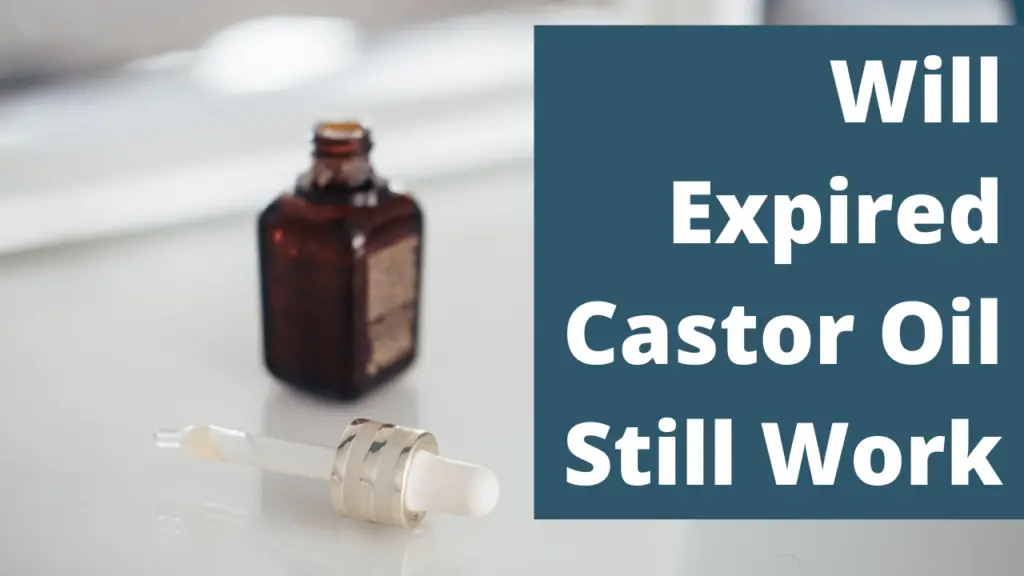It might feel like a waste to throw out your expired castor oil, especially if it still looks okay. But is it safe to use expired castor oil? Would it still work? And how can you keep it fresh at least until it reaches its expiry date?
If you’re a fan of castor oil, you probably know plenty about its uses already. Castor oil is favoured for its beauty benefits, and it often applied to the skin, hair, eyelashes and eyebrows. It can also be taken internally for its benefits to the digestive system.
So, will castor oil still work if it has expired?

The answer is yes – but don’t use the oil for everything. If your castor oil has expired, it’s safe to use on your heels, elbows and knees before you exfoliate. But it may smell a little unpleasant, which won’t make for a very spa-like experience.
You shouldn’t consume expired castor oil or apply it on your hair or brows. If you have sensitive skin, it’s best not to apply it to your skin, either, as the oil could irritate the skin and cause a number of unpleasant reactions.
If you have expired castor oil that you don’t want to use, it’s best to take it to your local oil recycling centre instead of emptying it down the sink or throwing it out. Expired castor oil is an environmental hazard and could harm or kill animals.
How long does castor oil last?
Castor oil typically has a one-year shelf life. If the oil is cold-pressed, you may be able to safely use it for up to 5 years. Providing the oil has been packed and sealed correctly, you can use it effectively right up until its expiry date – and perhaps even beyond that.
How to extend the shelf life of castor oil
If you’re looking to get longer out of your castor oil before it expires, you will need to think about storage. Poor storage conditions can cause castor oil to get rancid faster, sometimes even before the expiry date. Not only can the quality of the oil be affected by poor storage conditions, but the oil may also affect your health.
The first thing to note is that when you buy a bottle of castor oil, you should check that it’s properly sealed. If there’s a way for air to get into the bottle – known as oxidation – the oil may be rancid already.
When you store your castor oil, make sure the packaging isn’t damaged, as this could also result in oxidation.

Below are some important things to remember when storing your castor oil:
- Castor oil is best stored in temperatures of 50° – 70° Fahrenheit. Any hotter than this and the oil is likely to degrade. Store in the coolest room of your house, and avoid bathrooms that get humid and steamy.
- On a similar subject, if your castor oil is exposed to moisture, its quality can deteriorate. Try to avoid storing the oil in a room that has excessive humidity to prevent this.
- Many people store their oil bottles in the window, but direct sunlight can make castor oil go stale at a faster rate. It’s best to keep the oil in a drawer, away from direct sunlight, to keep it in a good condition for as long as possible.
- The bottle itself can affect the lifespan of your castor oil. Look for bottles with a dark-coloured exterior or a dark tint. The thicker the bottle, the better for storage.
- If you’re a big fan of castor oil, you’ll know that it is usually heated to turn it into liquid form before it is used. It goes without saying that you shouldn’t heat the entire bottle of oil every time you want to use a bit of it. Instead, take out only the castor oil you need and heat it in a bowl, preferably over hot water.
How do you know if castor oil has expired?
Most oils expire, and castor oil is no different. If it becomes dark brown and cloudy, it’s a good sign that it has expired (the oil is usually golden or light yellow in colour). It may also smell a little pungent once it has expired, though the oil is usually odourless. Exposure to air and light and being stored in warm conditions can cause castor oil to expire at a faster rate. Don’t test the oil on your skin, as it may cause an adverse reaction.
The simplest way to know whether your castor oil has expired is to check its expiry date. You should find this on the packaging or on the bottle itself. If you’re unsure, you should always go by this expiry date, as this is the best indication of how long the product should last.

